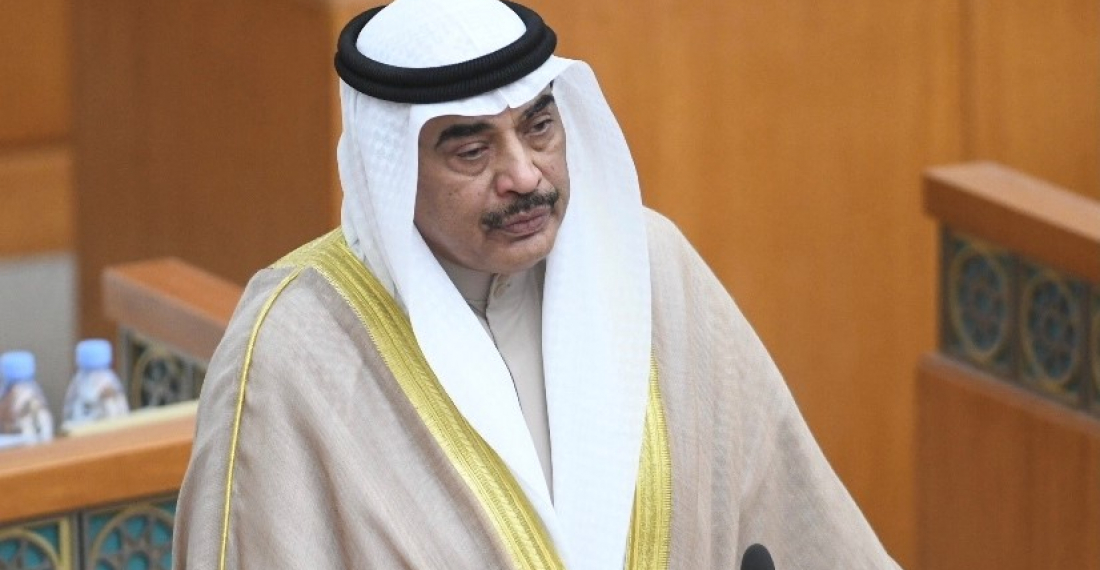A government crisis in Kuwait was averted after the opposition fell short by one vote in its efforts to prevent the incoming Cabinet of Ministers from taking their seats in the National Assembly. Under Kuwait's constitution members of the government must also sit in the country's parliament
The Prime Minister and other members of the cabinet were sworn in this morning at the beginning of a regular session of the National Assembly, despite an attempt by opposition members to boycott the session and making it invalid. If 33 out of the 50 deputies fail to attend the session it will be invalidated, but the opposition could only get the support of 32, one short of the required number.
Opposition members were protesting against the Constitutional Court's decision to remove opposition leader Badr al-Dahhum despite the Court of Cassation’s decision to allow him to stand for election.
A high-ranking source within the Kuwaiti government confirmed to newspaper Al-Arabi al-Jadeed that "significant movements by important parties within the Kuwaiti government led to the government getting enough support to take the hard-won oath and that the government used its last resort, which is the Emiri Order, to encourage deputies to attend the swearing-in session."
Kuwait's emir, Sheikh Nawaf al-Ahmad al-Sabah, on Monday called on members of parliament to allow the government to take the oath of office. The Emir stressed the need for co-operation between the executive and legislative branches.
After the swearing-in, the National Assembly approved a draft law to secure financing for banks in order to support locals who suffered during the pandemic. The Assembly is also set to discuss an amnesty bill pardoning people charged with storming parliament in 2011, including former parliamentarians in self-exile abroad.







